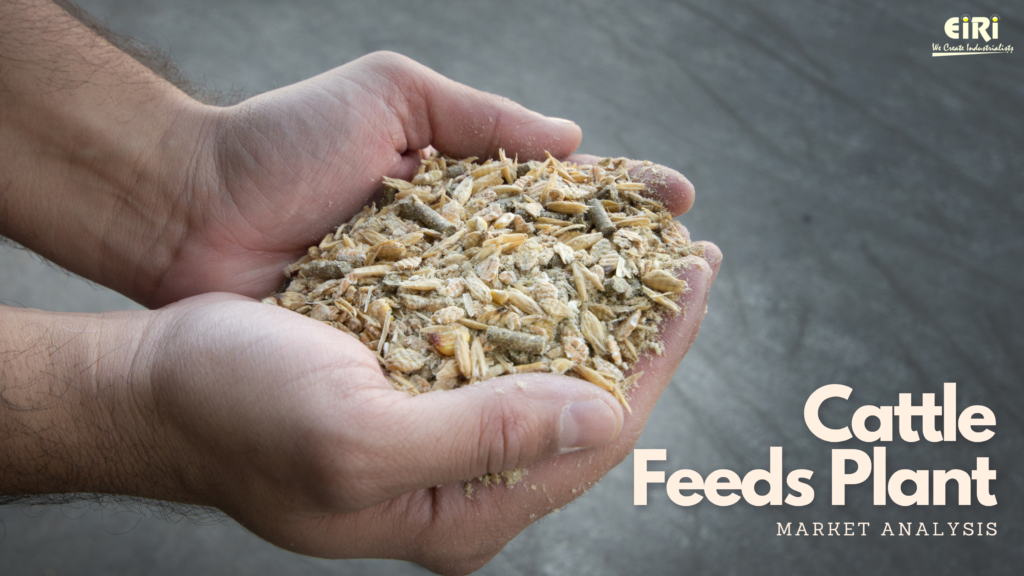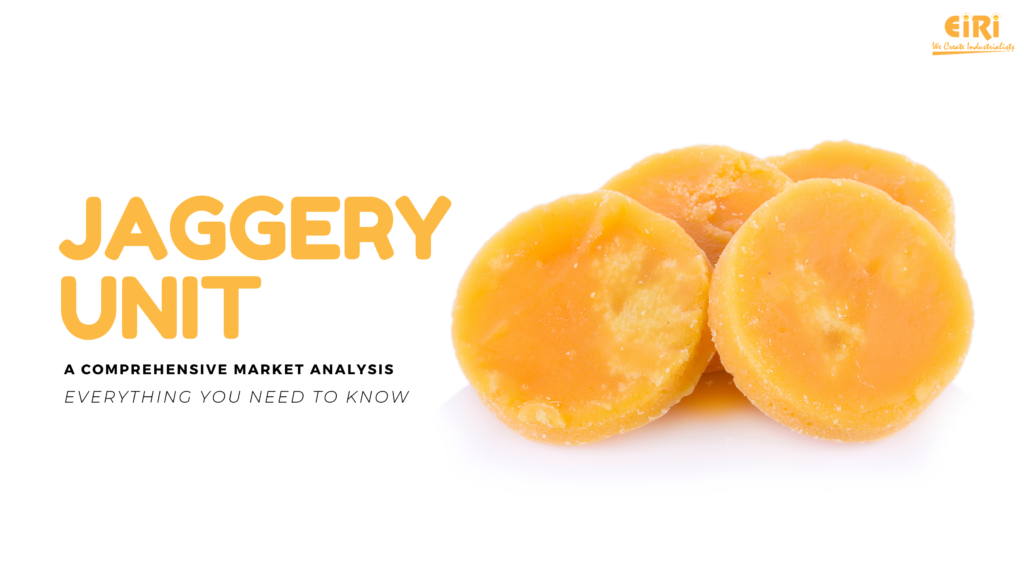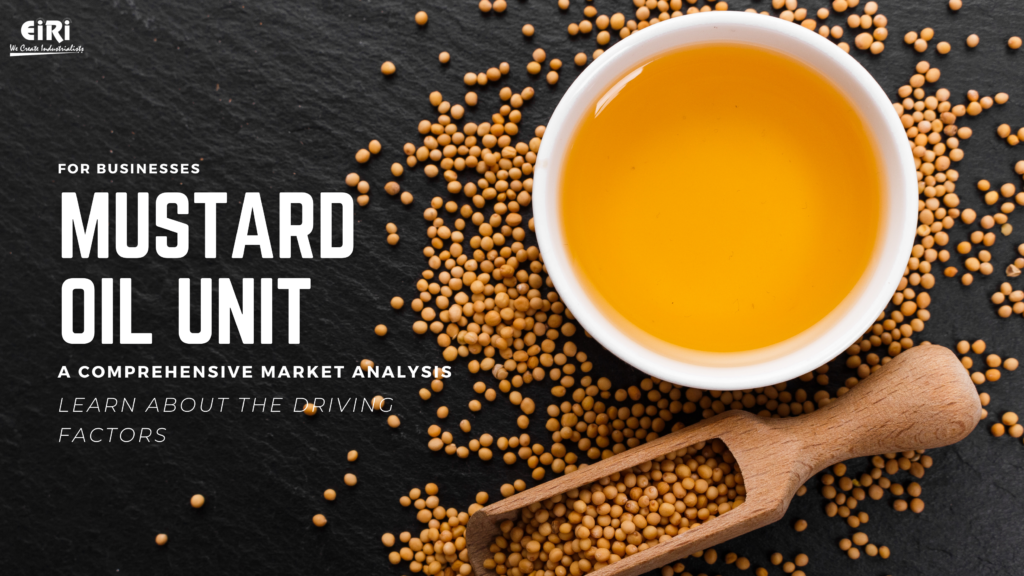Stainless Steel Pipes Manufacturing
Stainless steels are iron-based alloys usually containing at least 11.5% chromium. Other elements, nickeI being the most Important, may be added in combination with chromium to obtain special properties.
Today, ERW Welded Stainless Tubing products play an important role in every industry segment. Stainless Steel pipe and tubes have good to excellent corrosion resistance and smooth finishing characteristics. The corrosion resistance of the welded Steel is the same as the base metal and the strength higher than base metal. For these reasons they are used in demanding industries such as,
Stainless steel pipe applications
- Textile Machinery
- Chemicals
- Fertilizers
- Dairy and Food Processing
- Power Plants
- Pesticides
- Construction
- Modern Architecture
- Pharmaceuticals
- Sugar
- Oil and Gas Processing
- Water treatment facilities
- Desalination
- Synthetic Fibers
- Pulp and Paper
- Breweries
- Ship Building
- Refinery&Petrochemicals
- Energy industries
Stainless Steel Pipes are used in Equipment like,
- Instrumentation
- Automobiles
- Heat Exchanger
- Surface Condensers
- Digesters
- Fluid Piping
- LP/HP Heaters
- Evaporators
-
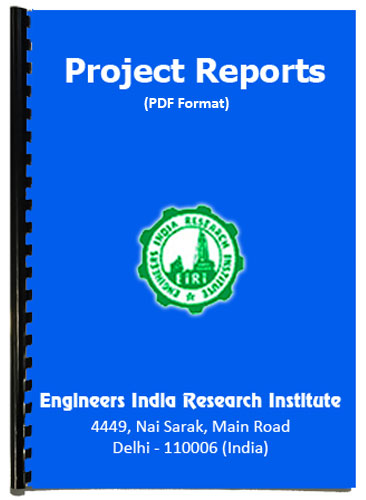
STEEL DOORS AND FRAMES MANUFACTURING
Read more -

STAINLESS STEEL PIPES MANUFACTURING
Read more -

STAINLESS STEEL BUTT AND BALL BEARING HINGES FOR WOODEN DOOR
Read more -
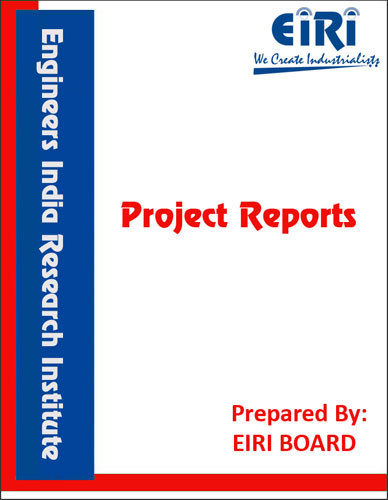
COLD ROLLING MILL FOR STAINLESS STEEL (4 HI MILL TO USE HR COILS)
Read more -
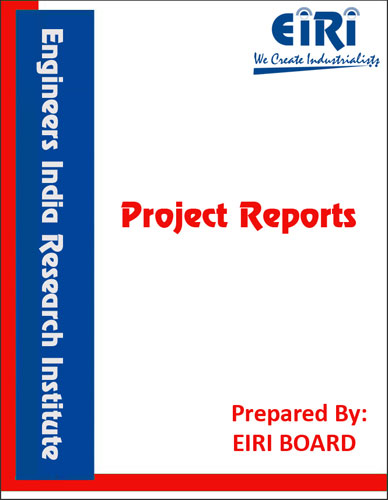
ERW STEEL PIPE AND TUBE
Read more -

STAINLESS STEEL UTENSILS
Read more
Click Here for more project reports
Stainless steels are highly resistant to corrosive attack and to oxidation at high temperatures. in general, resistance to corrosion and oxidation increases progressively, though not proportionately, with the increase in chromium content.
Stainless steel pipe and tubing are used for a variety of reasons: to resist corrosion and oxidation, to resist high temperatures, for cleanliness and low maintenance costs, and to maintain the purity of materials which come In contact with stainless. The inherent characteristics of stainless steel permits the design of thin wall piping systems without fear of early failure due to corrosion. The use of fusion welding to join such piping eliminates the need for threading.
Type 304 stainless is the most widely used analysis for general corrosive resistant tubing and pipe applications, it is used in chemical plants, refineries, paper mills, and food processing industries. Type 304 has a maximum carbon content of .08%. It is not recommended for use in the temperature range between 800° F and 1650° F due to carbide precipitation at the grain boundaries which can result in inter-granular corrosion and early failure under certain conditions.
Type 304L. Is the same as 304 except that.03% maximum carbon content is maintained which precludes carbon precipitation and permits the use of this analysis in welded assemblies under more severe corrosive conditions. Type 318 is much more resistant to pitting than other chromium nickel alloys due to the addition of 2% to 3% molybdenum. it is particularly valuable wherever acids, brines, sulphur water, seawater or halogen salts are encountered. Type 316 is widely used in the sulphite paper industry and for manufacturing chemical plant apparatus, photographic equipment, and plastics.

